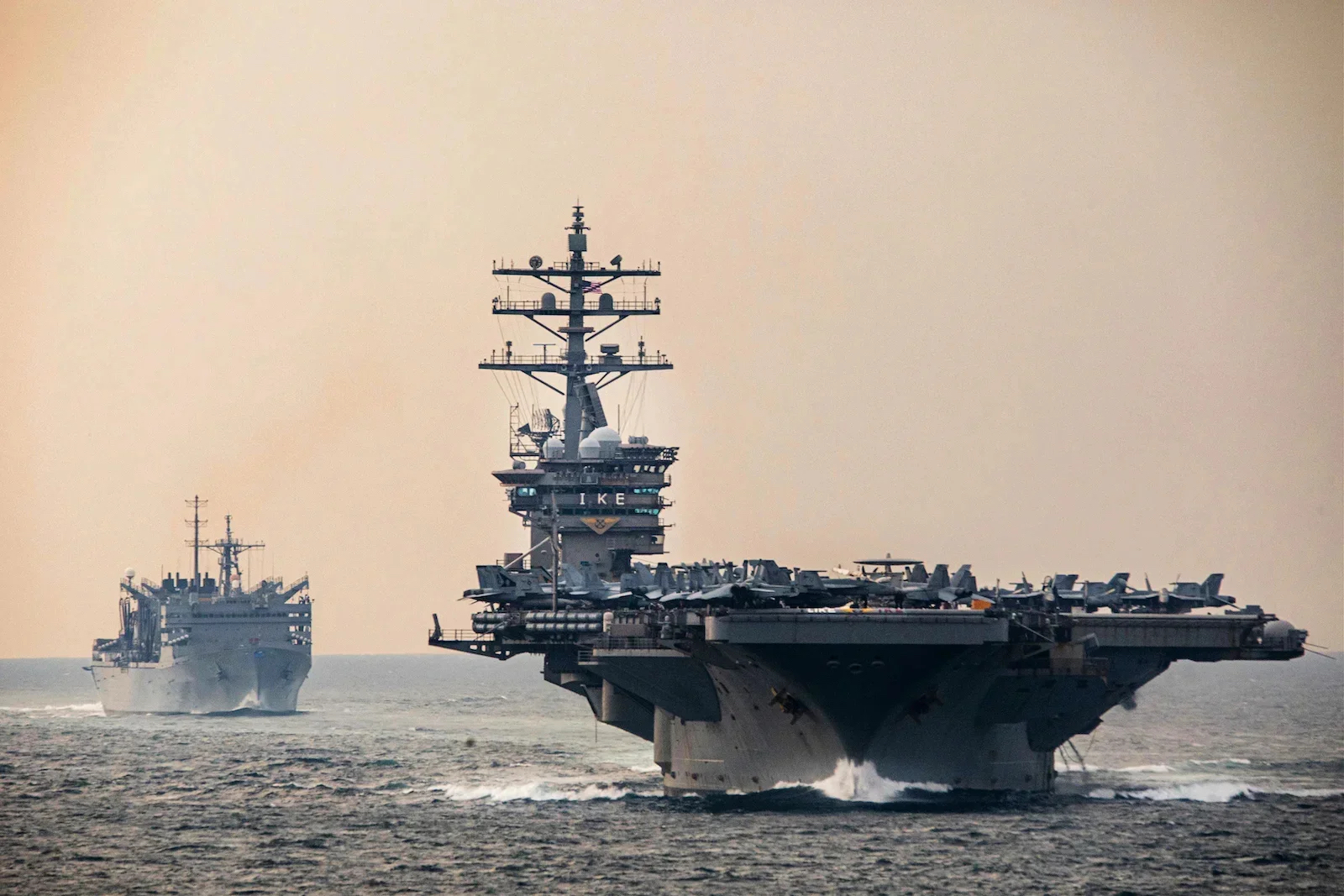
Houthi Attacks Still Cause Major Disruption to Global Commerce.
Since November 2023, Yemen’s Ansar Allah militia (known as the Houthis) has ravaged merchant shipping in the Bab el-Mandeb Strait. The attacks, triggered by solidarity with the population of Gaza, have dramatically reduced trade through the strait as well as through the Suez Canal on the other side of the Red Sea.
The Houthis, until now a peripheral player in the dynamics of Middle East security, were the first to internationalize the current Middle East conflict and have caused one of the largest disruptions of global commerce in recent decades.
The Houthis have demonstrated to the world – and themselves – that they possess the capacity to disrupt global shipping and have thus re-positioned themselves as an influential geopolitical actor.
20,000 ships traverse the Suez Canal annually (30 percent of world container trade, 10-12 percent of world trade by volume, and 9 percent of world oil trade). As a result of the Houthi attacks, merchant shipping has chosen to mostly avoid the Red Sea; shipping through Suez has declined by 60 percent. Cargoes are taking a 3,200 nautical mile detour around the Cape of Good Hope and up Africa’s western coast. Ships are tied up longer, tightening the global supply of vessels, and bringing declines in maritime trade on trans-Pacific routes as well.
These delays and resulting higher costs have residual effects on supply chains and inventory management and on the profitability of the firms importing and exporting, especially from Europe to Asia. This disruption in world trade is even more pronounced as it coincides with disruptions of trade through the Panama Canal due to drought, and as it occurs in a global market still adapting to the impact of Russia’s invasion of Ukraine.
Egypt is suffering the most from disruption in Red Sea trade. It is in the midst of an extreme economic crisis due to deep structural problems, massive deficits, and crippling debt. Recent promises of funding from the UAE, the IMF, the EU, and the World Bank have distanced the wolf from the door temporarily. But the Suez Canal brings in over $9 billion a year in transit fees, equivalent to 2.3 percent of Egypt’s GDP in 2023; so far this year, monthly receipts have dropped by half.
Slowdowns and the rising cost of imports have further impacted Egyptian industries. Egypt has not shown willingness to use force in the Red Sea in the current crisis, likely because its leadership is concerned – as their counterparts in Saudi Arabia and UAE – about taking actions which could be perceived as helping Israel, even if indirectly.
The Houthis’ attacks are a manifestation of their ideology, rooted in Islamic fundamentalism, fierce nationalism, and hatred of Jews, Israel, and the United States. Their military-technological capabilities have jumped dramatically in recent years after Iran armed them as part of its Axis of Resistance to threaten Western, Israeli, and moderate Arab interests throughout the region. The crisis in Gaza has given them an opportunity to display the relevance of these new capabilities, but their strategic objectives stretch far beyond Gaza. They are using their action to consolidate their domestic position, diverting attention from governance and economic failures. They also wish to compel the international community to engage with them, in an effort to achieve international recognition and legitimacy as the ruling authority in Yemen (much the same way the Taliban did in Afghanistan).
Houthi threats to shipping in the Bab el-Mandeb are not expected to dissipate when the Gaza conflict ends. (The military efforts undertaken by the U.S. and others to punish and deter them do not seem to have much effect.) Maritime security in the Red Sea will remain under threat for as long as the Houthis have access to Iranian technology and re-supply.
The near closure of the Red Sea demonstrated the ease of disrupting global trade by closing a key maritime chokepoint through occasional attacks (allowing insurance costs and business calculations to do the rest).
This highlights the importance of ground and multi-modal routes that avoid chokepoints and may heighten the importance of projects like China’s Belt and Road Initiative and the India–Middle East–Europe Economic Corridor, which avoid the Bab el-Mandeb and the Suez Canal. It also may serve to make ground transit through Russia, or via the Russian-promoted Arctic route, more attractive to Asian exporters to Europe.
Ultimately, while the world’s attention rests on the conflict in Gaza itself, the global outworkings of the conflict should not be ignored. As an under-recognized outworking of the conflict, the Houthis have established themselves as a relevant regional and geopolitical actor aligned with Iran’s anti-Israel and anti-America agenda. The effects on global trade could be felt for decades to come.
